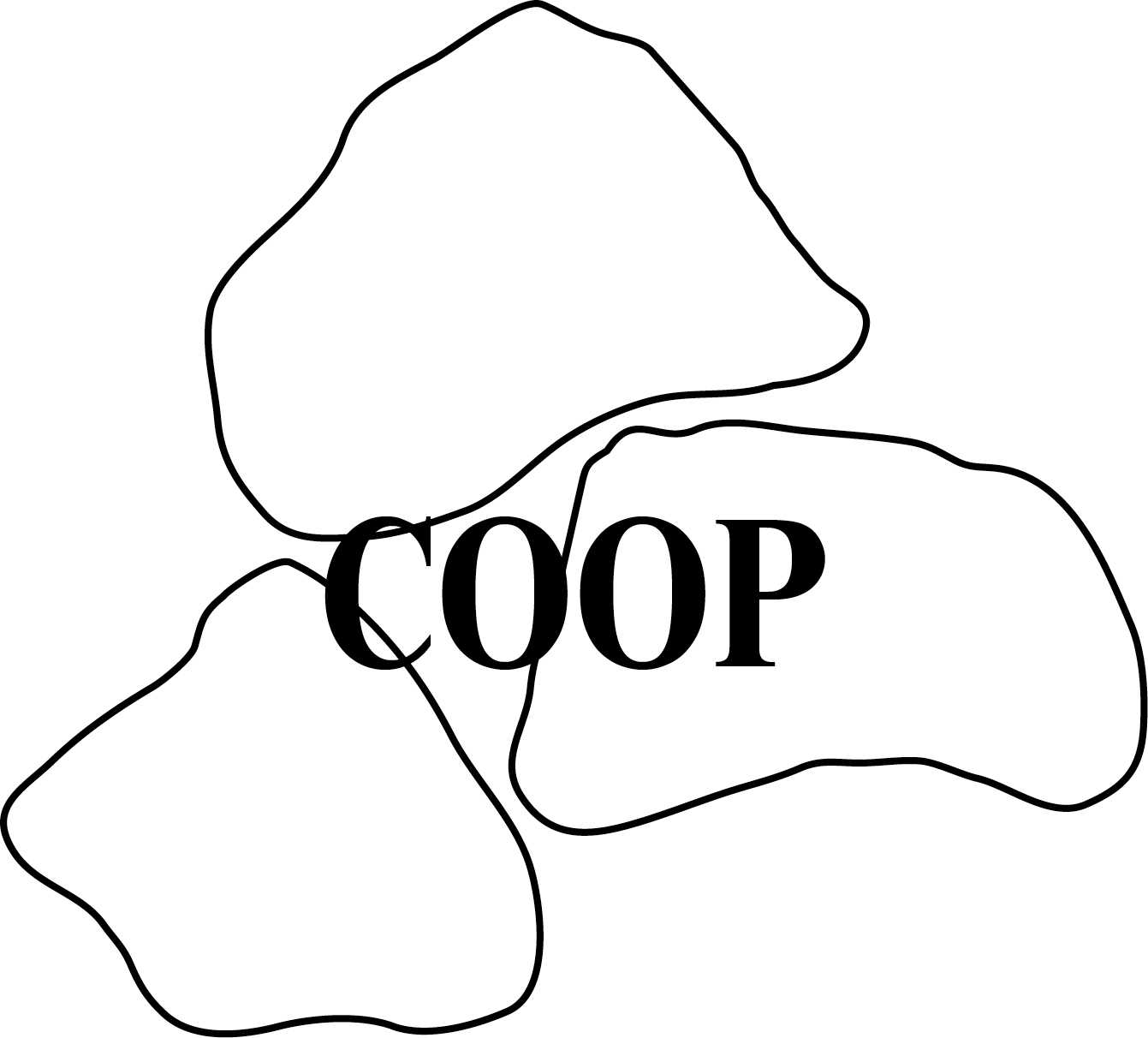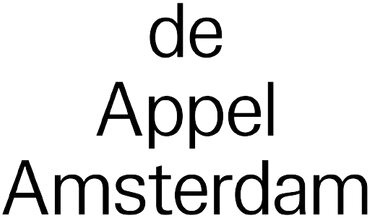2024-2025 COOP study group ~ Living Room: Rehearsals towards Place-making
Tutor team:
Guests:
Dalia Taha (remote)
Haytham el-Wardany (remote)
Partner:
de Appel Amsterdam
Student participants:
Annette Rodriguez Fiorillo, Carlos Azeredo Mesquita, Dana Andrei, Ginevra Collini, Helena Estrela, Ivčo Ružić, Julian Rieken, Keit Bonnici, Lisa Vlamings, Sharon Romie, Tuba Kılıç
Student led reflection:
Chronicles (COMING DECEMBER 2024)
Program:
Living Room: Rehearsals towards Place-making
Introduction
Drawing from collective memory, Living Room: Rehearsals towards Place-making questions the notions of time and place in ancestral and contemporary communal practices which unfold in a series of participatory confluences throughout the academic year 2024 -2025. By envisioning the living room as a space for collectivity and social weaving, we ask: how we collectively carry the agency for place-making. As we engage with traces —personal, social, and historical— this COOP study group will explore how these shape our environments, how we can reclaim and reconsider places we inhabit, and how place-making becomes a practice of self-organization in contexts of loss and resistance… in the preponderance of the small.
Through this COOP, we question how places and practices are socially constructed, focusing on de Appel’s core research themes: land, water, housing, and institutions today, as subjects where agency is reclaimed and move beyond their geographical locations. Living Room: Rehearsals towards Place-Making. sets the premise that spaces, or institutions, are not neutral; they are shaped by people, relationships, social structures, economies, and histories.
Through five confluences, we will seek for alternative relations with land that can change the imposed vision of relating to it as a commodity. How do crises of land and housing engage with an art institution? How could we co-own a place, and how might an art institution move towards co-ownership—both practically and in poetic ways? Additionally, how can cultural institutions function in a context that problematizes their modern form of place and time? Delving into these questions in depth, we will host guests with practice in music, literature, as well as artists, and researchers, with relevant practices.
In a manner of collaboration, we employ the lumbung values as a shared knowledge for commoning; a curriculum for social action and economy. How do we practice lumbung in a time where larger systems of colonial continuities are eating the world? The redistribution of resources and rehearsing of a roaming living room will be activated through addressing the following: How do we participate in this process of place-making? What tools do we use to navigate places shaped by histories of violence, exclusion, and colonization? Through these lenses, we are to collaboratively explore how memory—personal and collective—becomes a tool for our research and action, and how this memory is transmitted beyond the modern form of representation.
During each lumbung majelis (assembly) and its respective confluence, we take on roles including a host, timekeeper, harvester, caretaker that rotates every time. In this format, that takes the shape of the living room, the different roles facilitate the process and the conversations for collective decision-making regarding our resources and actions. Our process on what we discuss and how we work together will be shared through the role of the harvester; seeking different forms of harvest such as poetry, conversations, drawings, field-recording, singing, amongst other material or immaterial substances.
Connected with its thematic focus, this study group embraces sound as a means and radio as a place for transmission to extended communities. In collaboration with Radio Alhara, we will produce an episode after each confluence, sharing ideas and questions discussed during the confluences. To facilitate this, this COOP will host sound artist/s who expand our engagement with sound and listening practices, both conceptually and technically.
Living Room: Rehearsals towards Place-making invites us to think critically about our role in these processes, using the tactics of sonic harvest through the making of podcasts aired on Radio Alhara to navigate the ever-shifting landscapes we inhabit.



